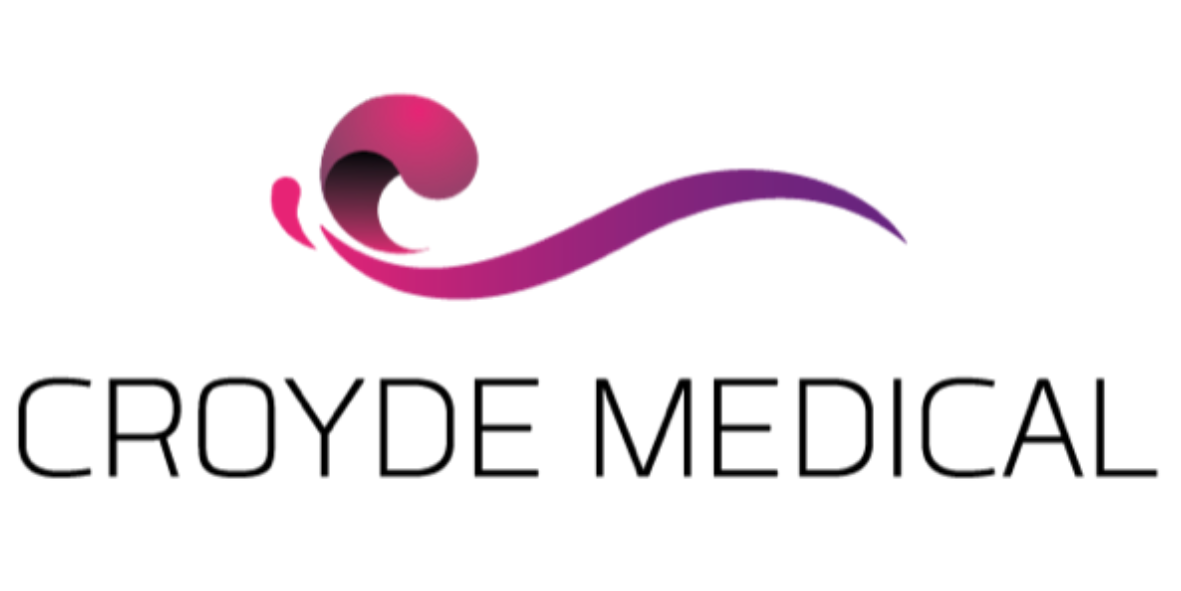Croyde Medical Ltd Anti-Slavery and Human Trafficking Policy:
Croyde Medical aim to operate our business with respect, empathy, accountability and transparency in all the actions we take. As part of our culture of good governance for good business, we operate to a set of core values and adopt behavioural values to all our business relationships. Inclusive is our zero tolerance to the exploitation of individuals in any form and our compliance to the Modern Slavery Act 2015.
As a business, Croyde Medical is committed to opposing Modern Slavery and human trafficking in all forms and preventing it in any way we can. And we expect no less from any person who works for us, or who we have business dealings with, Modern Slavery is a criminal offence and will not be tolerated.
Our aim is to ensure integral to all our business relationships is the compliance to the Modern Slavery Act 2015. The procedure below is how we need you to support us to achieve this aim by ensuring modern slavery and human trafficking has no place at Croyde Medical, or within any of our supply chains. This not only supports our values of how we want to run our business, but we also strongly feel that it is the right thing for us all to do.
Our procedure: This procedure does not form part of any Employees’ Contract. It provides a framework for the Company to deliver this policy and may be amended without prior notice.
Scope: All employees and those who represent Croyde Medical Ltd or work alongside us and their third-party representatives and partners.
- What is modern slavery:
It is any practice that constitutes trafficking in persons or slavery. This includes, but is not limited to, the following activities:
- Engaging in any form of trafficking of persons.
- Using forced labour in the performance of any work.
- Destroying, concealing, confiscating, or otherwise denying access to a person’s identity or immigration documents, such as passports or drivers’ licenses, regardless of issuing authority.
- Using misleading or fraudulent practices during the recruitment of candidates or an offer of work.
- Individuals charged a recruitment fee.
- Spotting signs of modern slavery:
Guidance has been given of how we can all spot potential signs of a person who may have been trafficked or is being exploited. Not an exhaustive list but examples given are individuals who appear:
- Malnourished or unkempt.
- Appear withdrawn, anxious and unwilling to interact.
- Appear to be under the direct control and influence of others.
- Live in cramped, dirty, overcrowded accommodation.
- Have no access or control of their passport or identity documents.
- Appear nervous, untrusting and avoid eye contact.
- Show signs of abuse or health issues.
- How we will implement our policy:
Procurement:
We will ensure all suppliers are aware of this Anti-Slavery Policy and ensure they have taken actions within their business and their supply chain to ensure modern slavery is not occurring in their businesses.
We will include in our terms and conditions the requirement for compliance to this policy and our right to audit their activities if needed and practicable where we have reasonable suspicion of malpractice.
Communication:
Our zero-tolerance approach to modern slavery and human trafficking will be communicated to all our employees, suppliers, and business partners at the outset of our business relationship and reinforced as appropriate thereafter. As part of our individual terms and conditions with an individual or business we will make it clear that we will expect total compliance to our procedures and the Modern Slavery Act.
- Responsibility:
Management at all levels are responsible for ensuring those reporting to them understand and comply with this policy and are fully aware of the issue of modern slavery and human trafficking within supply chain. We all have an individual obligation to familiarise ourselves with this procedure and to help us in the identification and prevention of modern slavery and human trafficking across our business The Operations Manager has the responsibility for auditing our compliance and evaluating the effectiveness of this procedure in meeting our policy and report findings to the Managing Director.
- Raising a concern:
As with all our procedures we encourage all our employees to be our ‘eyes and ears’. We will take all concerns in how we operate our business seriously. We aim to encourage openness and will support and protect anyone who raises genuine concern in good faith under this policy, even if they turn out to be mistaken. If an employee has a reasonable belief that modern slavery or human trafficking, in whatever form is, or may be, taking place in any part of our business, or in any part of our supply chain, it is their duty to raise a concern.
- Confidentiality
We will treat all concerns and disclosures and any information provided to us in a confidential and sensitive manner. The identity of the individual raising the concern will be kept confidential so long as it does not hinder or frustrate our investigations. However, a fundamental part of the investigation may involve the person raising the concern or disclosure providing a statement as part of the evidence required. It is important to note that no contractual clause or agreement will override this procedure or your right to make a protected disclosure. We must declare that our duty to report an illegality will override any confidentiality clause.
- Breach of this procedure
Any alleged breach of this procedure would be investigated for an employee within our Disciplinary procedure as a potential gross misconduct issue with one of the potential penalties being dismissal. For a non-employee as a potential fundamental breach of our agreed terms and conditions which may lead to termination of our Agreement with immediate effect.
